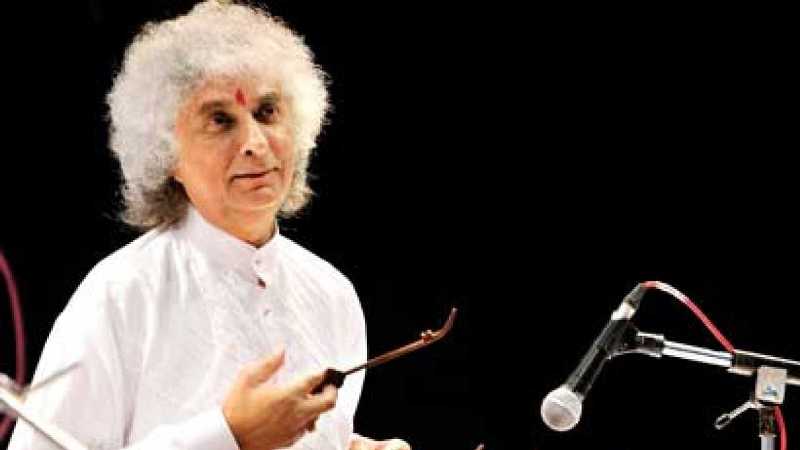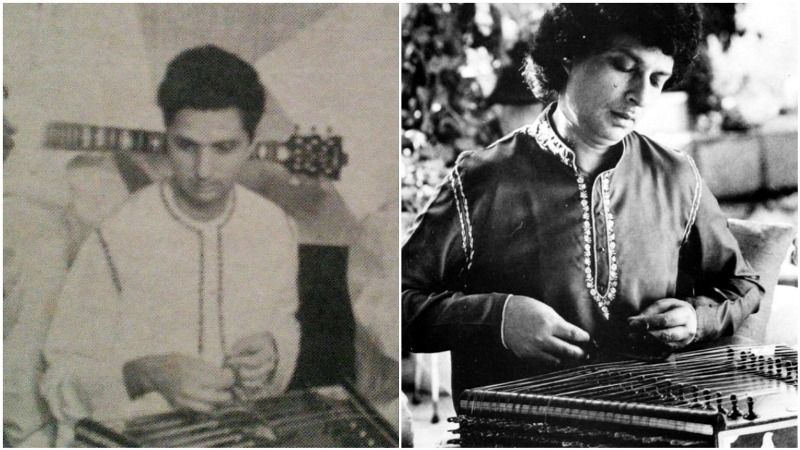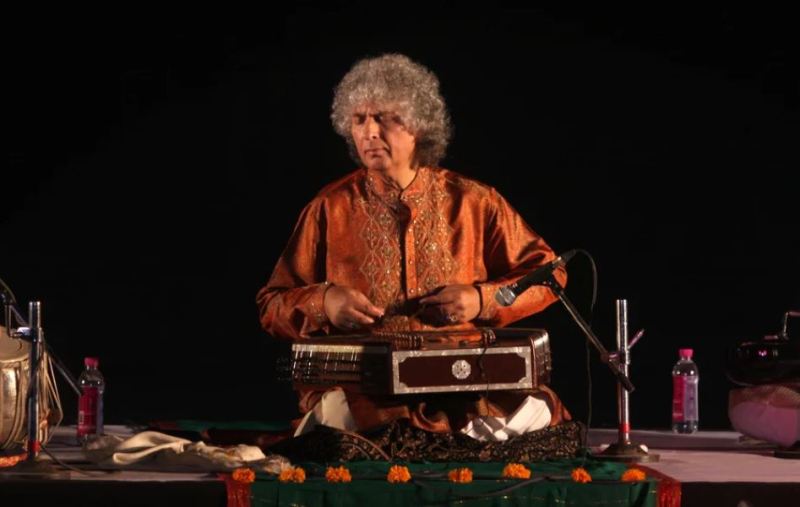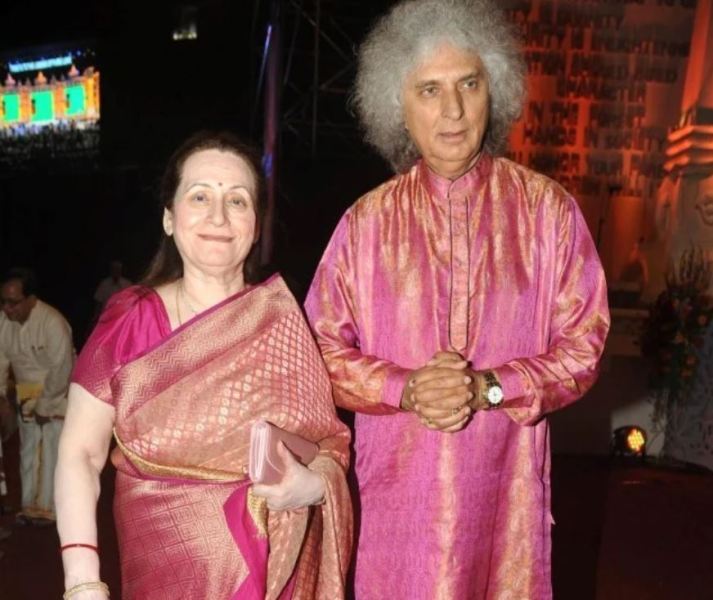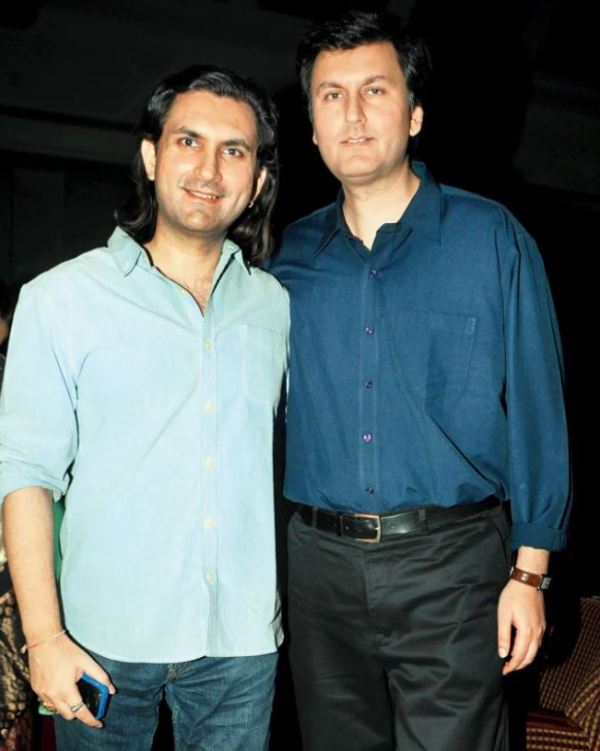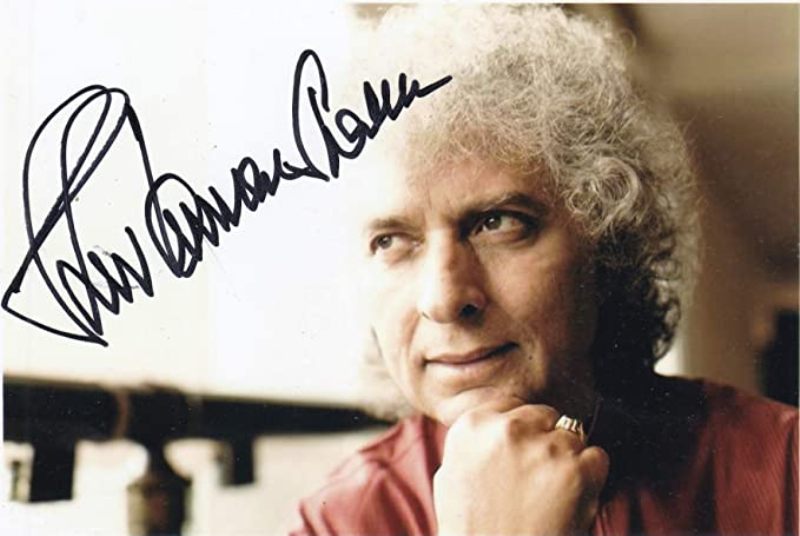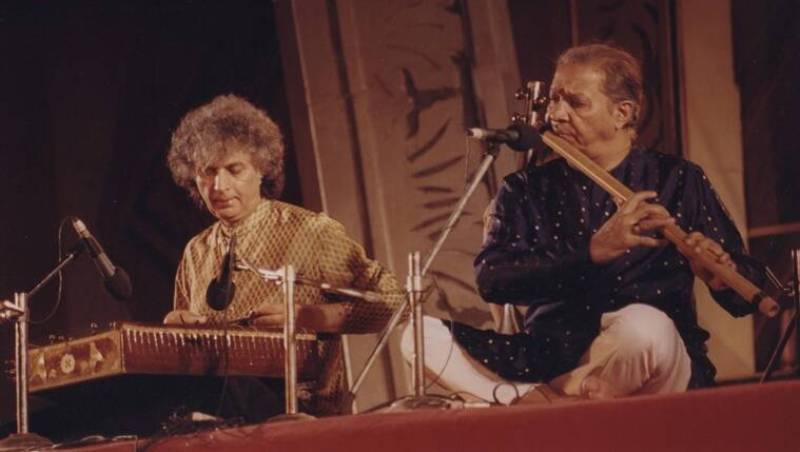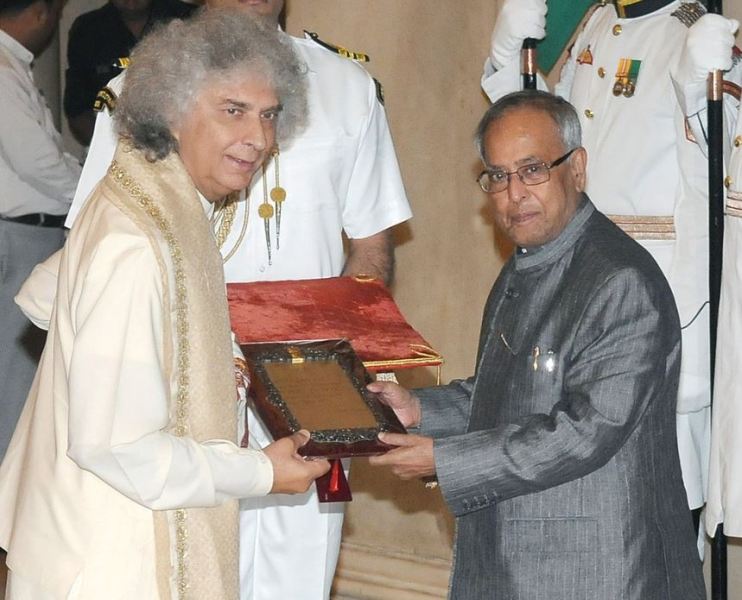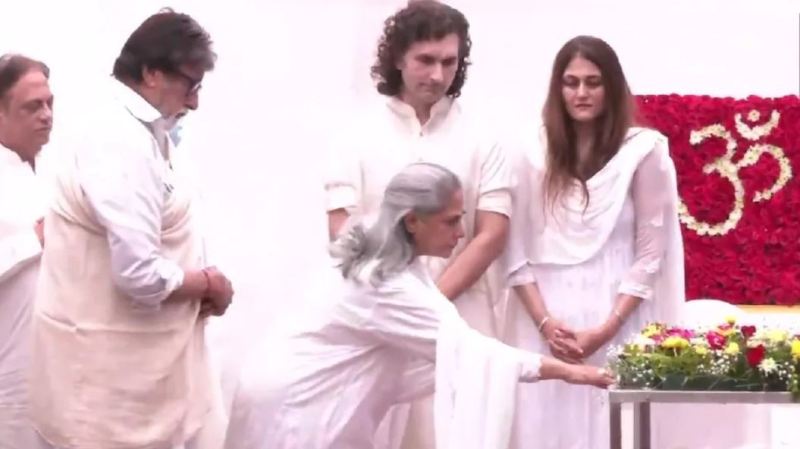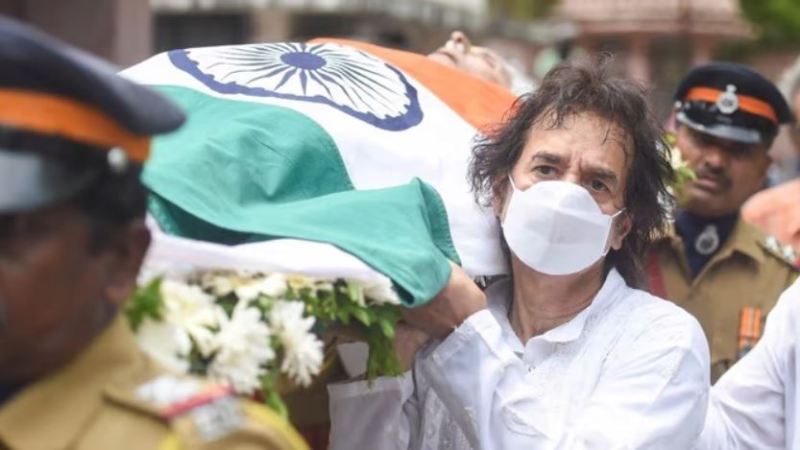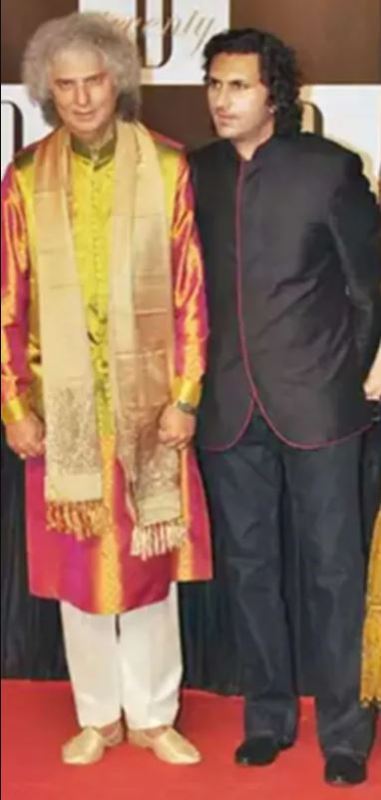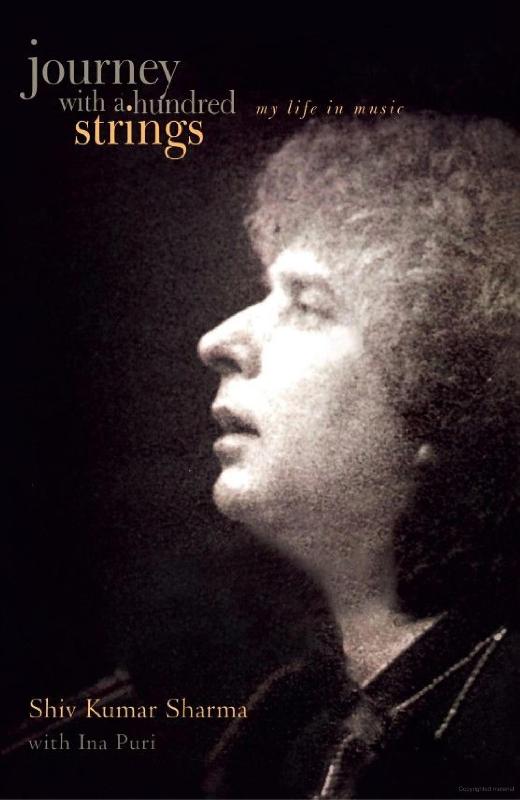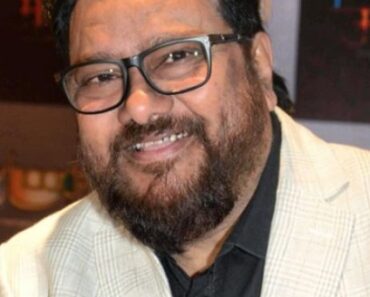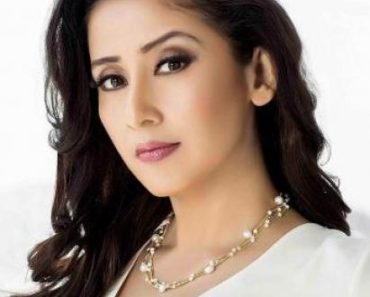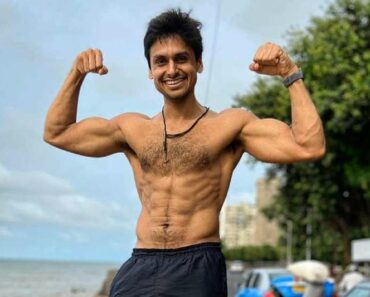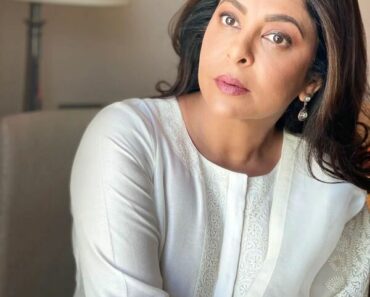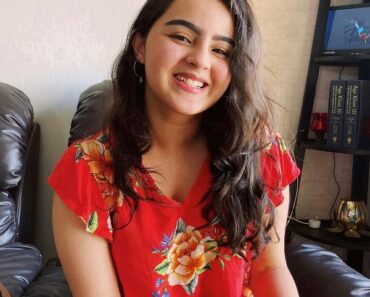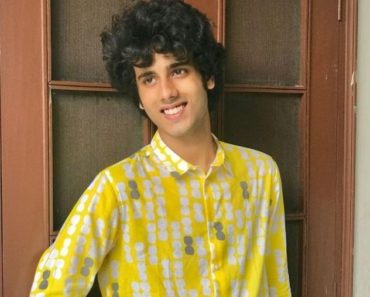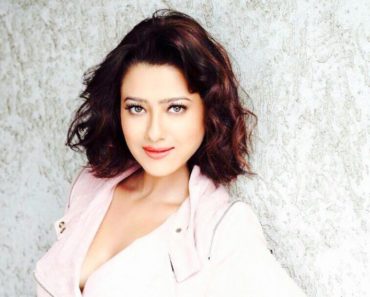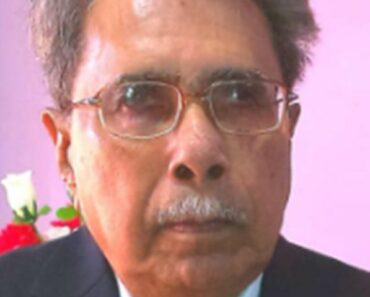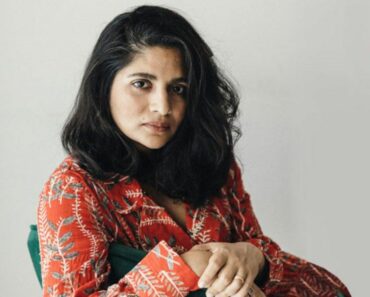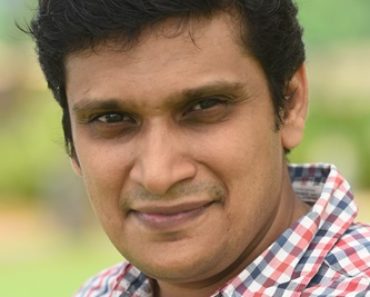Pandit Shivkumar Sharma (13 January 1938 – 10 May 2022) was an Indian classical musician and santoor player who is known for adapting the santoor for Indian classical music.
Contents
Wiki/Biography
Pandit Shivkumar Sharma was born on Thursday, 13 January 1938 (age 84 years; at the time of death) in Jammu, which was part of the Jammu and Kashmir princely state then. In an interview, he quoted
I am not Kashmiri though many people are under the impression that I am. Kashmiris are from the Valley. I am from Jammu, a Dogri.”
Inspired by his father, Shivkumar Sharma started learning to play the tabla at the tender age of five. He said in an interview,
“My father thought I had some inclination for music. So when I was five I was given training in the tabla and vocal music,”
His father decided to teach him Santoor, a folk instrument, which is a trapezoid-shaped hammered dulcimer that originated in Persia but was played in Kashmir. His father realised the styles that integrated Sufi notes with traditional Kashmiri folk music and taught his son to play the instrument which was novel in the Indian classical music arena at that time. Thus, Pandit Shivkumar Sharma started practising Santoor at the age of 13.
Physical Appearance
Height (approx.): 6’ 1”
Weight (approx.): 75 kg
Hair Colour: Grey
Eye Colour: Black
Family
Parents & Siblings
His father, Uma Dutt Sharma, was a vocalist and a tabla player. He has a sister, Sarla Raina. [1]DNA India
Wife & Children
Pandit Sharma got married to Manorama in an arranged marriage when he was 28 years old. [2]The Times of India They had 2 sons, Rahul and Rohit. Rahul also followed the lineage of his father and started learning to play Santoor at the age of 13.
Religion/Religious Views
Pandit Shivkumar Sharma was an ardent follower of Sathya Sai Baba. [3]The Hindu He had various pictures of Sri Satya Sai Baba in his ‘riyaz’ room where he spent most of his time practising his skill. [4]DNA India
Autograph
Career
Pandit Shivkumar began his career by playing for a children’s programme on the radio when he was 17. In an interview, he revealed,
My father was working for Jammu and Srinagar Radio as music supervisor when he saw the instrument played in the Sufiana style. He introduced it in the classical style. I was about 13. By then I had been studying vocal music and the tabla for 8-9 years. My father worked out a system tuned to the needs of the Indian ragas. When I was asked to play it, I picked it up very fast. After a couple of years, I began playing in children’s programme on radio.”
He gave his first public performance at the Haridass Sangeet Sammelan in Mumbai in 1955. In an interview, he recalled,
I insisted on playing both the tabla and santoor, The organisers thought it would be a disaster — both the performance, and, as a result, my chances of being noticed as a serious musician — but I would not have it any other way.”
This was probably the first time that Santoor was played in classical performance at a national level. While some praised Sharma for innovating, the others criticised and said that classical music could not be played on this instrument. In an interview, responding to the negative feedback from various critics, Pandit Sharma expressed,
I would get hurt, of course, but you can’t force people to like something. And I am also stubborn to a certain extent. I have a strong will power. Once I make up my mind to do something, I just do it,”
He relocated to Mumbai on 1 June 1960. In a media conversation, he quoted,
I came to Mumbai with only Rs500 in my pocket. That was the second biggest gamble of my life (the first was giving up playing the tabla).”
He made his first Bollywood appearance in Jhanak Jhanak Payal Baje (1956) directed by V. Shantaram, where Gopi Krishna performed a Kathak dance piece, but his first solo album was recorded in 1960 after he came to Mumbai. He made music for films to earn the bread. In an interview, Pt. Sharma quoted,
I did films like Barsaat Ki Raat and Hum Dono. Films were a source of income, I would compose for only select films.”
The people of the Indian classical music fraternity were not quite happy with Sharma’s decision of composing music for films. [5]The Times of India In an interview, reacting to all those negative views, he said,
All leading classical musicians have been involved in films. And films are creative too. Though, yes, initially people would say that yeh toh filmon mein chale gaye.”
However, the negative comments did not force Pandit Shivkumar to change the direction he chose for himself. He collaborated with Indian flautist Hariprasad Chaurasia under the collaborative name Shiv–Hari and went ahead to give great music for around 9 films between 1980 and 1992. Some of their notable works include Faasle (1985), Chandni (1989), Lamhe (1991), and Darr (1993).
Initially, Pandit Shivkumar was asked by Yash Chopra to make music for the latter’s film Silsila in 1981. In an interview, he recalled,
I remember when Yash Chopra asked me and Pandit Hari Prasad Chaurasia to compose music for Silsila, everyone thought he was taking a big risk by signing classical musicians. There is a difference between classical and film music. And it was a tremendous challenge to live up to (film music).”
The Shiv-Hari duo gave various hits during the decade and were nominated five times for Filmfare magazine’s Best Music Director prize. He also collaborated with the prolific Indian tabla player Zakir Hussain for his concerts as well as for composing music for films. He teamed up with guitarist Brij Bhushan Kabra and Pt. Chaurasia to produce one of the greatest hits of Indian classical music in 1967 called Call of the Valley. He gave special performances before the House of Lords in Britain and in front of the Queen of Holland after proving his mettle in the music industry. According to Pandit Shivkumar Sharma, composing music for films is different and more difficult than playing music at a concert. [6]The Times of India In an interview, he said,
Composing music for films is not as easy as some classical musicians think it is. You can’t teach people to compose. Some have it, some don’t. One has to think about the situation, the mood, the ambience…And at a concert, you generally play what you want to play,”
After leaving the practice of playing the Tabla on the will of his father, Pt. Sharma played it again only once because the music director S. D. Burman insisted on him. He played the Tabla for Lata Mangeshkar’s song ‘Mo Se Chhal Kiye Jaaye’ in the film ‘Guide’ in 1965. Despite giving several hits in Bollywood, Sharma’s focus remained on classical music. In an interview, he expressed,
Classical music is not for entertainment. It is to take you on a meditative journey, ye toh mehsoos karne ki cheez hai (This has to be experienced).”
The Shiv-Hari duo parted their ways after a decade of making music together. In an interview, Pt. Shivkumar said,
Hariji and me were doing films as long as it didn’t interfere with our classical music. Later it became difficult as both of us were touring,”
He added,
Besides film music is a director’s concept. It depends a great deal on his taste and thoughts. Nowadays, in film music, there is a strong influence of the West, of MTV culture. We are great imitators. Mediocrity is in abundance today. We may not get the right kind of directors to work with even if we had time,”
Looking back at his magnificent career and the struggle that went behind it, Pandit Shivkumar Sharma expressed his views in an interview and said,
My story is different from that of other classical musicians. While they had to prove their mettle, their talent, their calibre, I had to prove the worth of my instrument. I had to fight for it,”
Awards, Honours, Achievements
- Honorary citizenship of the city of Baltimore, USA, in 1985
- Sangeet Natak Akademi Award (the highest prize given to performing artists by India’s National Academy of Music, Dance, and Drama) in 1986
- The Padma Shri Award (India’s fourth-highest civilian award) in 1991
- The Padma Vibhushan Award (India’s second highest civilian award) in 2001
- Platinum Disc for ‘Call of the Valley’
- Platinum Disc for the music of the film ‘Silsila’
- Gold Disc for the music of the film ‘Faasle’
- Platinum Disc for the music of the film ‘Chandni’
- The Tansen Samman in 2004
- The Deenanath Mangeshkar Award in 2005
- Pandit Chatur Lal Excellence Award in 2015
- The Sangeet Martand Ustad Chand Khan Lifetime Achievement Award at the 23rd edition of the festival held in New Delhi in 2016
Death
Pandit Shivkumar Sharma died on Tuesday, 10 May 2022 from a cardiac arrest. Suffering from chronic renal failure, he went through regular dialysis for the last few months. Although on dialysis, he had an active lifestyle and was supposed to perform in Bhopal the next week. According to various media reports, a family source said,
He had a severe heart attack at around 9 a.m. He was active and was to perform in Bhopal next week. He was on regular dialysis but was still was active,”
His body was kept at his Pali Hill home on the day of his death and was shifted to the Abhijit Cooperative Housing Society in Juhu for “public darshan” till 1 pm on the next day i.e. on Wednesday, 11 May 2022. He received a state funeral at Pawan Hans Crematorium in Vile Parle on 11 May. Legendary actors such as Amitabh Bachchan, his wife Jaya Bachchan, and Shabana Azmi paid tribute to Pandit Shivkumar Sharma at his residence. [7]AajTak
Flute player Pandit Hariprasad Chaurasia was also present at his funeral and Tabla player Zakir Hussain shouldered the body of Pandit Shivkumar Sharma during the last rites.
Prime Minister Narendra Modi tweeted to express his condolences.
Our cultural world is poorer with the demise of Pandit Shivkumar Sharma Ji. He popularised the Santoor at a global level. His music will continue to enthral the coming generations. I fondly remember my interactions with him. Condolences to his family and admirers. Om Shanti.
— Narendra Modi (@narendramodi) May 10, 2022
Favourites
- Food: Dogri cuisine Ambal, Jammu ke rajma
- Singers: Lata Mangeshkar, R.D. Burman, Mohammed Rafi
Facts/Trivia
- Sharma chose his son Rahul as his shishya or disciple because he believed that Rahul had the ‘Gift of God’. The father-son duo started performing together professionally in 1996.
- Pandit Sharma’s music has been used for music therapy by various doctors. Reportedly, some doctors used his music to research that fetuses listen to music and that music leads to the birth of healthier babies. In an interview, Pandit Shivkumar Sharma revealed,
My disciple, Dr. Bhalachandra Phadnavis, has been working on it. The results have been fascinating. It has been proved that music especially the sound of the santoor eases pain. But a lot of research needs to be done to put it into a system. In the U.S., there are doctors who have used my music and my album `Feelings’ is much in demand.”
- Pioneer of Santoor in Indian classical music, Pandit Shivkumar Sharma realised it early that the original Santoor could not be used to produce the meend, which is a sound/note without which the classical music would be incomplete. He made changes in the physical structure of the instrument to get rid of its fundamental flaws and made a better version of the instrument which could produce a greater resonance of the sound which, in turn, gave it continuity.
- Santoor is synonymous with Pandit Shivkumar Sharma for the entire nation as well as for the maestro himself. In an interview, he said,
My father and guru Pandit Uma Dutt Sharma introduced me to the santoor. This instrument is the medium of expressing my feelings through melody and rhythm. After playing it for six decades, it has become my companion in my musical journey. Santoor was never a part of the Indian classical genre; it was only limited to Sufi music in Kashmir. But I modified the instrument to bring it on a par with the sitar and sarod. Once, during a performance in the 1960s with Brij Bhushan Kabra in Ahmedabad, my santoor sustained a crack. But surprisingly, after I got it repaired, it sounded better than before. I’m so possessive about my santoor that I rarely allow anybody to carry it. I care for it like my own child.”
- Author Ina Puri made a biography on the life of Pandit Shivkumar, which is titled ‘Journey with a Hundred Strings: My Life in Music’. [8]The Times of India
- Apart from biography, Pandit Shivkumar had also been the subject of a biopic. Antardhwani, a film directed by Dr Jabbar Patel expresses the instrumental role of the Santoor maestro in shaping Indian classical music. In an interview, Sharma said,
I was approached by the Film Division of India who told me they wanted to make a film on me. They asked me to choose a director and I knew that Patel would be perfect and not merely because he is such a renowned theatre director but also because he is passionate about classical music,”
The film won the national award for Best Biographical Film/Best Historical Reconstruction/Compilation Film in 2007. [9]The Times of India
- Owing to his tall frame, shoulder-length curly hair, and good looks, he was offered to be an actor in films. [10]The Times of India In an interview, he revealed that he was offered a role in a film while he was recording for filmmaker Khwaja Ahmed Abbas. [11]The Indian Express He said,
He called me aside. I thought he wanted to tell me something specific but he offered me Saat Hindustani as an actor. ‘Dikhate-bolte bhi theek ho… kad-kaathi bhi sahi hai.’ (You look good, speak well. You even have a decent personality). I folded my hands and said I wanted to pursue music,”
- Reportedly, before Sharma got married to Manorama, he got the opportunity to meet her only once. He took her out to watch the film Mahabharata with a total of 8 escorts with him. [12]The Times of India

